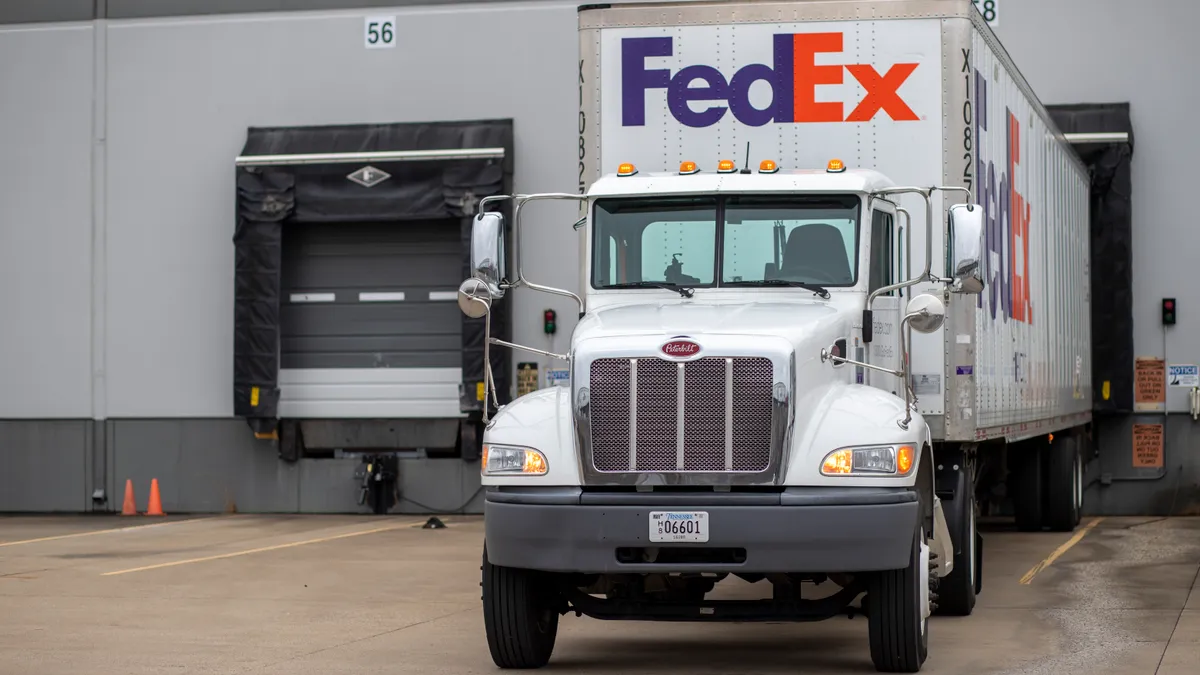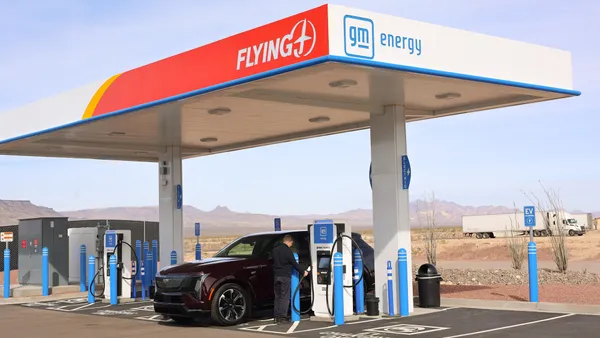A freight recession and a generally cool economy didn’t slow a steady drumbeat of trucking industry mergers and acquisitions in 2023 — and more deals are poised to happen this year.
Buyers would love lower interest rates, of course. But a tough economic environment after a two-year boom has helped usher sellers to the negotiating table with more reasonable company valuations, said Spencer Tenney, president and CEO of The Tenney Group, a trucking M&A consultancy.
“It's not ideal, but the alternative is to not acquire, and that's not acceptable,” Tenney said. “They have a mandate to grow, to create more capabilities and value for their customers. And growing organically is very limited in what it can do, particularly with all of these inflationary effects in the market right now.”
Moving forward
Many of this year’s moves will be dictated by dynamic shifts in various segments of the industry over the past 12 months. In truckload, for instance, Knight-Swift Transportation Holdings now owns U.S. Xpress Enterprises. In LTL, competitors spent a combined $2.6 billion to scoop up truck terminals in Yellow Corp.’s bankruptcy auction.
A. Duie Pyle, which acquired four terminals from Yellow in the auction, otherwise plans to grow its network organically in its centennial year, said Frank Granieri, COO of supply chain solutions.
Granieri attributed the carrier’s success over the past century to a culture of prioritizing its people, which becomes more difficult to maintain the bigger any company grows — especially when merging with another that might not adhere as strongly to the same values.
“We have historically grown organically,” he said. “When you go through an acquisition, it's very difficult to be able to assimilate the two cultures together. That would be a concern of mine.”
Signs of value
Regardless of segment or location, strategic buyers remain on the lookout for well-run operations with niche expertise that bring obvious synergies for buyers and their customers, Tenney said.
The purchase price, as always, will be a chief consideration that could scuttle any deal.
“If it's not a strategic add that they'll pay a fair price for,” he said, “the sentiment I’m getting is that they'll just pass and keep doing what they're doing.”
The strength of the freight market does not determine whether conditions are ripe for a deal as much as the stability of those conditions, which helps align buyers’ and sellers’ expectations, Tenney said.
Dry powder on hand
Trimac Transportation expects to meet last year's M&A spending totals by the end of the first quarter, according to Dan Carpenter, VP of finance and business development.
Carpenter shared his bullish forecast for 2024 deals during an expert panel discussion Tenney hosted last week.
"We have a lot of pent-up opportunities," Carpenter said. "In fact, we probably have more deals than we have capital to spend."
While Tenney expects smaller tuck-ins to continue making up most of the M&A in 2024, plenty of big fish are hungry for splashy deals that could make their operations larger and more efficient.
Canada-based freight behemoth TFI International, which announced last month its deal to buy Daseke, is just one of several carriers that have been socking away money for a big acquisition in the next year or so.
“I wouldn't count out a few transformational deals, based on valuations being more palatable for that type of transaction, and the amount of dry powder still available in the marketplace,” Tenney said.













